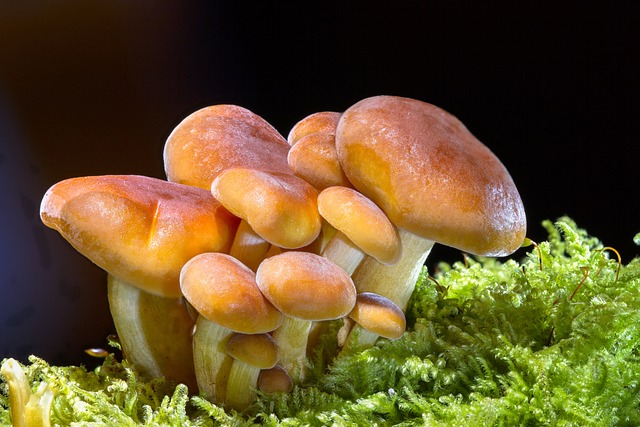The Surprising Benefits of Probiotics for Skin Health
If you’ve heard of probiotics, you probably think of them as a way to improve your gut health. But did you know that these beneficial bacteria can also benefit your skin?
What Are Probiotics?
Probiotics are live microorganisms that can provide health benefits when consumed in adequate amounts. While most people associate probiotics with promoting a healthy gut, these beneficial bacteria can have positive effects on other parts of the body as well, including the skin.
How Do Probiotics Help the Skin?
The skin is home to billions of bacteria, both good and bad. When there’s an imbalance between the good and bad bacteria, it can lead to skin conditions like acne, rosacea, and eczema. Probiotics have been shown to help restore balance to the skin’s microbiome and prevent or treat these conditions.
Probiotics also help strengthen the skin’s barrier function, which is responsible for keeping moisture in and irritants out. A strong barrier can help prevent dryness, flakiness, and premature aging.
What Are the Best Sources of Probiotics for Skin Health?
The most common sources of probiotics are fermented foods like yogurt, kefir, kimchi, sauerkraut, and miso. These foods contain beneficial bacteria that can help promote gut and skin health.
Supplements are another option for increasing probiotic intake. Look for supplements that contain strains of bacteria like Lactobacillus and Bifidobacterium, which are known to be beneficial for skin health.
Are There Any Side Effects?
In general, probiotics are considered safe for most people. However, some people may experience mild side effects like digestive upset, gas, and bloating. These symptoms usually go away on their own after a few days.
If you have a weakened immune system or are undergoing medical treatment, it’s a good idea to talk to your doctor before taking probiotics.
The Bottom Line
Probiotics offer a range of benefits for skin health, from restoring balance to the skin’s microbiome to strengthening the skin’s barrier function. If you’re interested in incorporating probiotics into your diet, try adding fermented foods or supplements to your routine.







